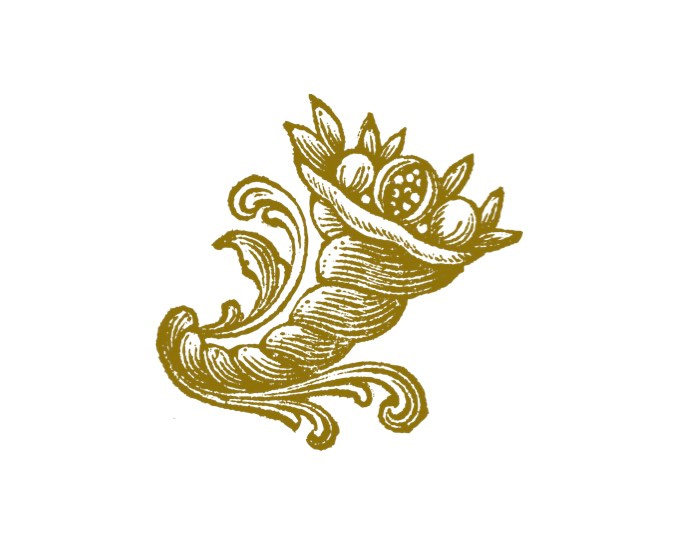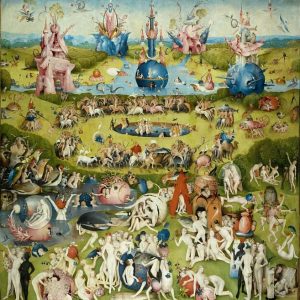
The project aims to carry out an in-depth and interdisciplinary study on a fundamental theme of a cultural heritage and identity shared by the Portuguese and Brazilians: the history and culture of food.
A team of specialists from various disciplinary areas (History, Archaeology, Philology, Museology, Art, Dietetics, Gastronomy and Nutrition), from Antiquity to the present day, is responsible for the creation of scientific content necessary for the conception of two unique digital universes, aimed at the preservation and dissemination of Food Cultures in the Lusophone World: Museum and Virtual Library DIAITA.
This is a research network, a pioneer in the Lusophone space, bringing together Portuguese and Brazilian researchers. Through research based on scientific rigor and reliable knowledge of sources (written, material and iconographic) it seeks to establish a history and a survey of the heritage of identity food patterns currently prevailing in both the Portuguese and Brazilian contexts.
The work focuses on the translation, study and publication of written sources, both unpublished and unavailable in Portuguese (as in the case of the classical texts, Greek and Latin, crucial to the knowledge of the original Mediterranean food pattern, brought with the Portuguese to Brazil). Also, the material and iconographic sources will be, for the first time, inventoried, studied, gathered and made available in digital format and in paper (especially the texts) both for the academic and general public.
Funding:
The DIAITA project is supported by national funds through the FCT under the Project UID/ELT/00196/2013 (Centre for Classical and Humanistic Studies of the University of Coimbra) as well as the Project PEst OE/ELT/UI0657/2015 (Institute for the Study of Literature and Tradition).
Under the Scientific and Technological Cooperation Programme FCT/CAPES, the project “DIAITA – Museu & Biblioteca Virtuais do Património Alimentar da Lusofonia (Parte I – Portugal e Brazil)” was approved this year, to be developed in the biennium 2014/2015, being the Portuguese project leader Carmen Soares (CECH-UC) and, on the Brazilian side, Regina Bustamante (Institute of History, UFRJ).
The funding awarded is intended to support the annual mobility of two researchers to Brazil, under the terms of the protocol signed. The project has the references FCT 2417 and CAPES 10396/13-0. The project is also funded by the Calouste Gulbenkian Foundation, under the 2014 annual call for proposals for Support for Research Projects in the field of Portuguese Language and Culture (implementation year: 2015).



